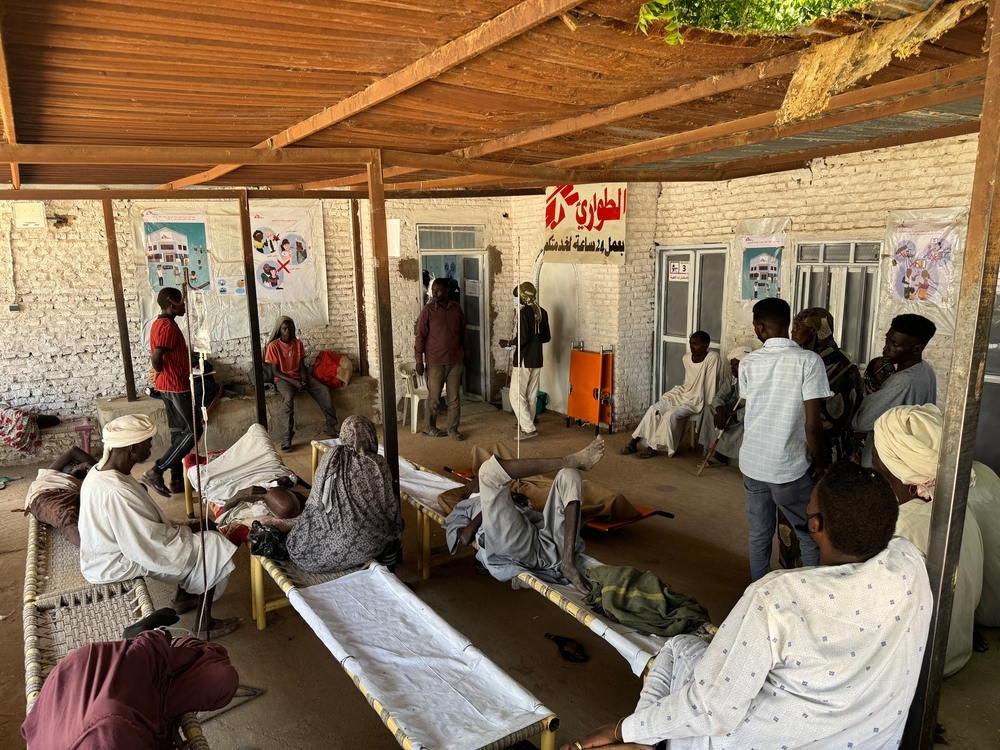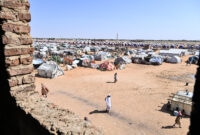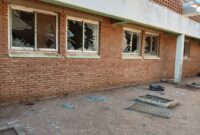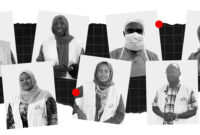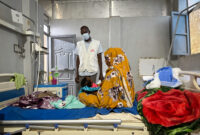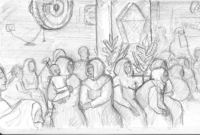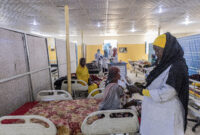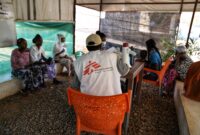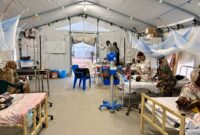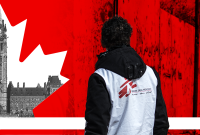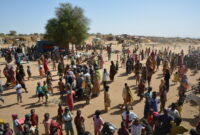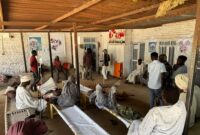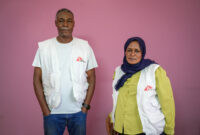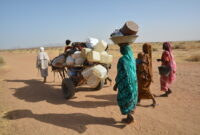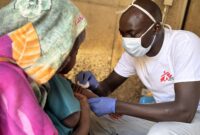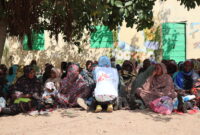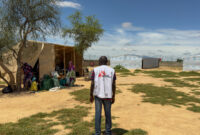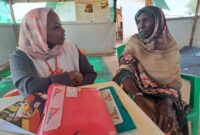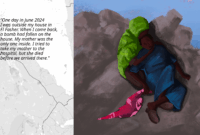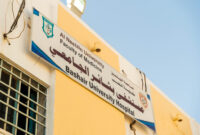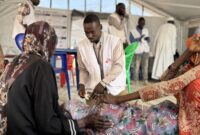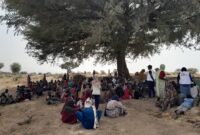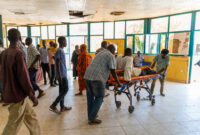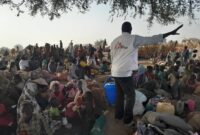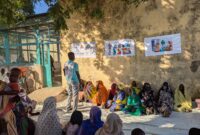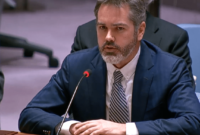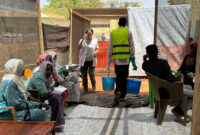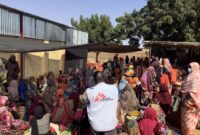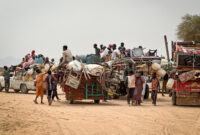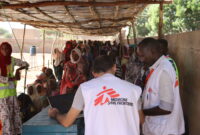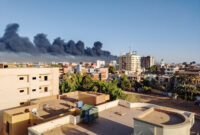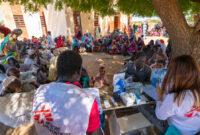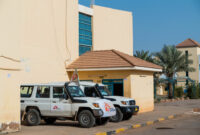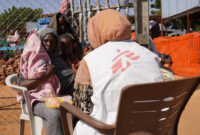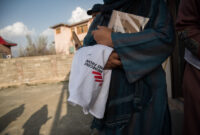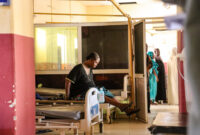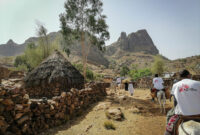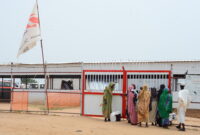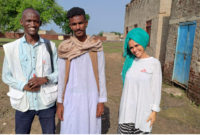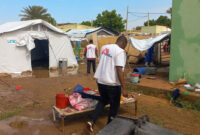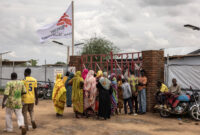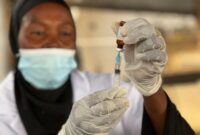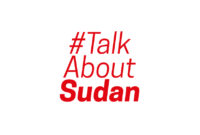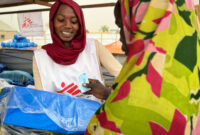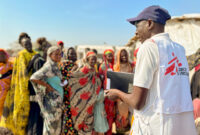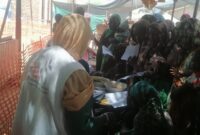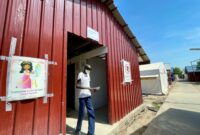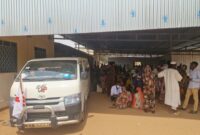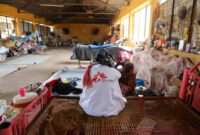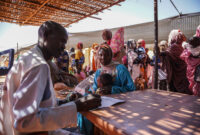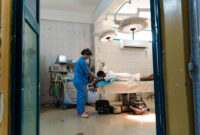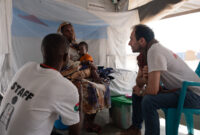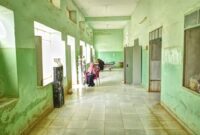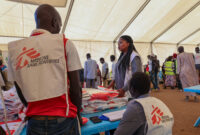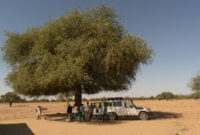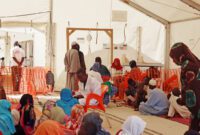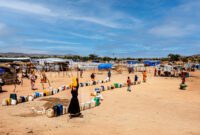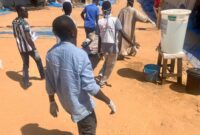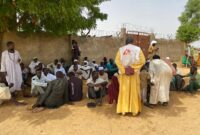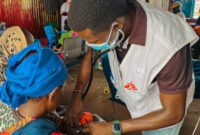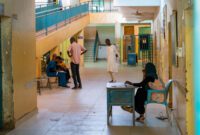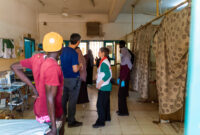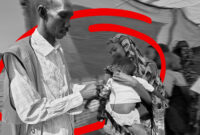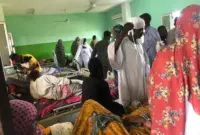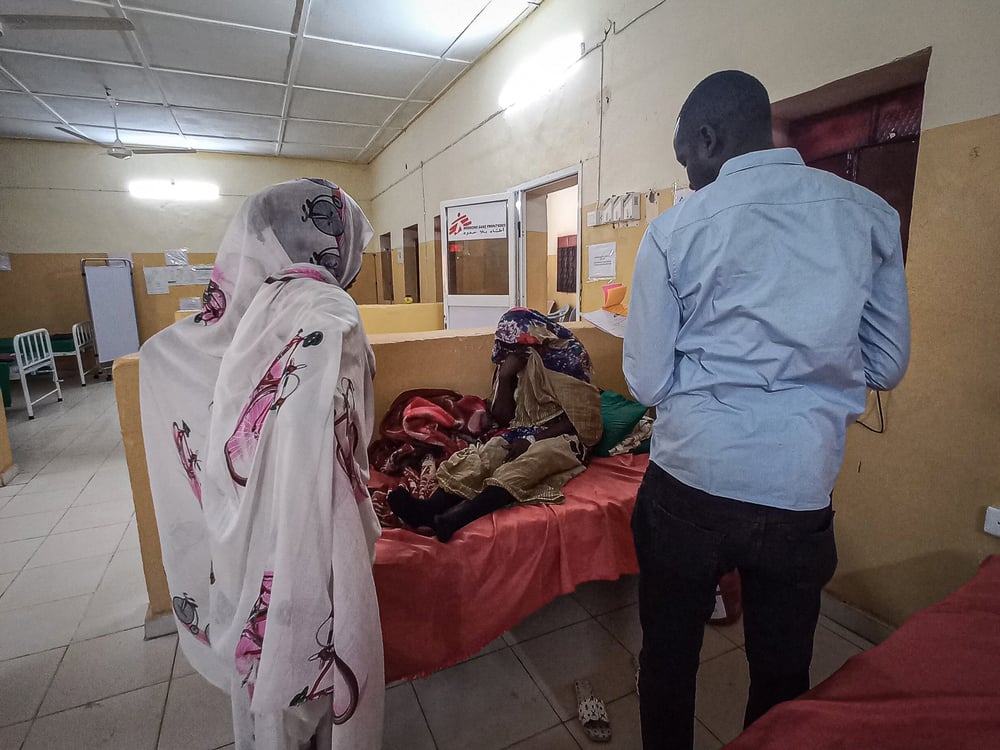Sudan: Civilians must be spared in El Fasher
MSF teams in Tawila treat hundreds fleeing escalating violence in El Fasher.
Doctors Without Borders/Médecins Sans Frontières (MSF) appeals for civilians’ lives to be spared in El Fasher, the capital of Sudan’s North Darfur state, and for them to be allowed to flee to safer areas.
Given the ethnic-based violence spiking across Darfur for over two years, and the large-scale massacres committed in Zamzam camp for internally displaced people when it was taken by the RSF and their allies last April, we are deeply alarmed that this could happen again in El Fasher.
While MSF was forced to leave El Fasher in August 2024, our medical teams are working 60 kilometres away in the town of Tawila. There, we admitted dozens of patients coming from El Fasher to the town’s overwhelmed hospital earlier today.
During the night of Oct. 26 to 27, around 1,000 people from El Fasher arrived by truck at the entrance of Tawila, where we set up a health post to provide emergency care and refer patients in the most critical condition directly to the hospital. So far today, about 300 people were treated at the health post and 130 sent to the emergency room of the hospital, including 15 requiring lifesaving surgery.
For now, many more people appear to remain trapped in and around El Fasher and we stand ready to respond to further mass influx of displaced and injured people arriving in Tawila.
On Oct. 18 and 19, over 1,300 people fleeing El Fasher arrived by truck in Tawila, adding to the large numbers of forcibly displaced people already in the town. Amongst these new arrivals, MSF screened 165 children under five years old and found that 75 per cent were acutely malnourished, including 26 per cent of whom were severely malnourished.
This shocking rate is a testament to the horror unfolding in El Fasher, where famine has been spreading. The RSF have been attacking and besieging the area for more than 500 days, preventing food and aid from reaching starving people at all costs. With soaring prices, community kitchens shutting down, shelled and depleted markets and humanitarian aid blocked, people have had almost no access to food.
